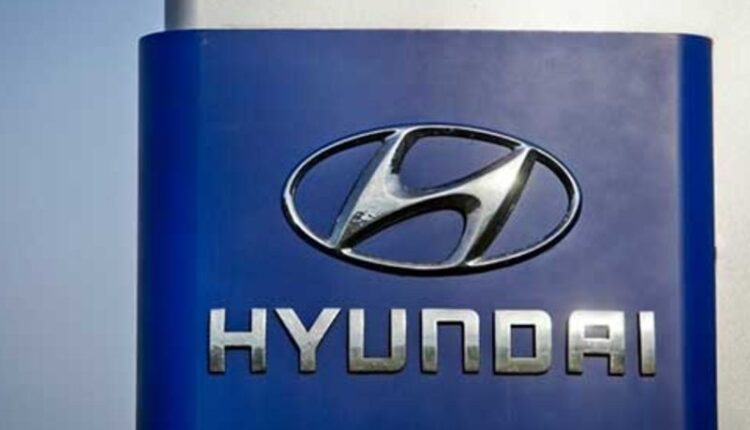Hyundai Motor Group has lately had a lot to say about its ambitions in electric vehicles and advanced transportation technologies. Last week, it vowed to put its money where its mouth is.
The South Korean automaker said it will invest $7.4 billion in the U.S. by 2025 to produce a “suite” of electric vehicles, upgrade factories and develop smart mobility technologies.
Hyundai Motor Group, which includes Hyundai, Kia and Genesis, aspires to sell 1 million electric vehicles globally and take a 10 percent market share to leapfrog to the front of the EV field by mid-decade. Hyundai is launching a global battery-electric brand that uses the Ioniq name from its current hybrid and EV hatchbacks.
The new investment plans — although Hyundai has not yet spelled them out — illustrate a significant new issue for the industry as it rushes to electrify: Importing vehicles into the U.S. is a passing luxury. Automakers must consider local production for vehicles and batteries as they turn to EVs, and that will come with vast new capital investment. Shipping the heavy and technologically advanced vehicles from overseas factories appears to be a nonstarter.
But Hyundai’s announcement last week was heavy on potential and light on detail.
The automaker did not say which of its U.S. plants will receive the investments, or if it plans to build factories. Hyundai operates one assembly plant in Montgomery, Ala., while Kia operates a factory in West Point, Ga., and another in Mexico.
Hyundai also left wiggle room to adjust the plan — noting that it will monitor market conditions “and U.S. government EV policy” to finalize plans for U.S. production facilities and gradually expand local EV production.
Sam Abuelsamid, Guidehouse Insights’ principal analyst, nonetheless described Hyundai’s proposed investment in the U.S. as “aggressive.”
Given the timing of EV production starting in 2022, it likely means the addition of production at one, if not both, of Hyundai Motor Group’s domestic plants, Abuelsamid said.
“Beyond that, the investment might include at least one additional plant dedicated to EV production,” he said.


